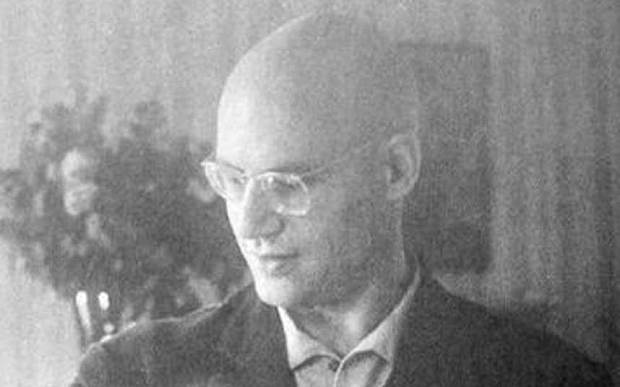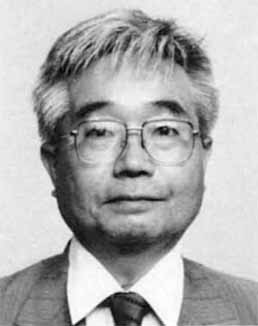



Course: Math 996, Excellent local rings
Time and Place: MWF 1:00 - 1:50pm, Snow Hall 564
Instructor: Professor D. Katz
Office Hours: Snow 501, MWF 10-11am, and by appointment
E-mail: dlk53 AT ku dot edu
Prerequisites: A one semester course in commutative algebra or its equivalent.
Description: We begin with a question. If a local ring (R,m) satisfies a particular algebraic or geometric property, need its m-adic completion inherit the same property? More often than not, the answer is yes if the ring in question is the local ring of an algebraic variety, but in general the answer is no. Nevertheless, the question of which properties transfer between a local ring and its completion is central to a number of problems in commutative algebra. Excellent rings were defined by Grothendieck (building on the work of Nagata) to provide a large class of rings where this inheritance could be counted on. The purpose of this course is to define the concept of an excellent ring and to study the ingredients that make up the definition. As time permits, we will explore other properties of excellent local rings. Here is a brief outline of the topics to be covered in this course:
Preliminaries: flatness, dimension, depth.
Regular rings.
Cohen structure theorem for complete local rings.
Analytically unramified local rings.
Nagata rings (i.e., pseudo-geometric rings).
Quasi-unmixed local rings.
Formal fibers and geometric regularity.
Openess of nonsingular locus.
G-rings.
Excellent rings.
Standard references include: Nagata's Local Rings and the two texts by Matsumura, Commutative Algebra and Commutative Ring Theory.
Format: Most class periods will consist of lectures over the material outlined above. Occasionally, we will devote class time to group work on interesting problems related either directly or indirectly to recent topics covered in class.
IMPORTANT CHANGE IN FORMAT: Beginning March 23, our lectures will be held at the usual class time via Zoom. I will screen share lecture slides with real-time voice over. Students will be able to ask questions as they arise, just like in a standard lecture. Lecture slides will be posted below later in the day after each lecture has been delivered and any errors discovered along the way have been corrected.
Daily Lecture Slides :
March 23, March 25, March 27, March 30, April 1, April 3, April 6, April 8, April 10, April 13, April 15, April 17, April 20, April 22, April 24, April 27, April 29, May 1, May 6
Class Notes all in one :
Group Presentations: Later in the semester we will form groups of two or three students from among the members in the class. Each group will read a research paper related to one of the topics we cover in class and give a 30 minute presentation of that paper.
Handouts
A guide to Cohen's structure theorem
Papers of Mathematical and Historical Interest
Rotthaus, C. Rotthaus's excellent expository paper on excellent and Henselian rings.
Zariski, O. Zariski's paper showing that the local ring on a normal irreducible variety is analytically normal.
Zariski, O. Zariski's classic paper discussing the algebraic aspects of nonsingular points on an algebraic variety
Nagata, M. Nagata's famous paper giving an example of an integrally closed local domain whose completion has non-zero nilpotents.
Nagata, M. Nagata's paper extending the Jacobian criterion to local rings more general than those found in algebraic geometry.
Nagata, M. Nagata's paper which gives an example on a local domain that is not catenary and shows quasi-unmixed local rings are catenary.
Students with disability
The KU Office of Disability Resources (DR) coordinates accommodations and services for all eligible students with disabilities. If you have a disability and wish to request accommodations and have not contacted DR, please do so as soon as possible. Their office is located in 22 Strong Hall; their phone number is 785-864-2620 (V/TTY). Information about their services can be found at www.disability.ku.edu. Please also contact me privately in regard to your needs in this course.
Policy on religious observances
Any student who has a conflict between the course schedule and a religous holiday
should contact the instructor as soon as possible.